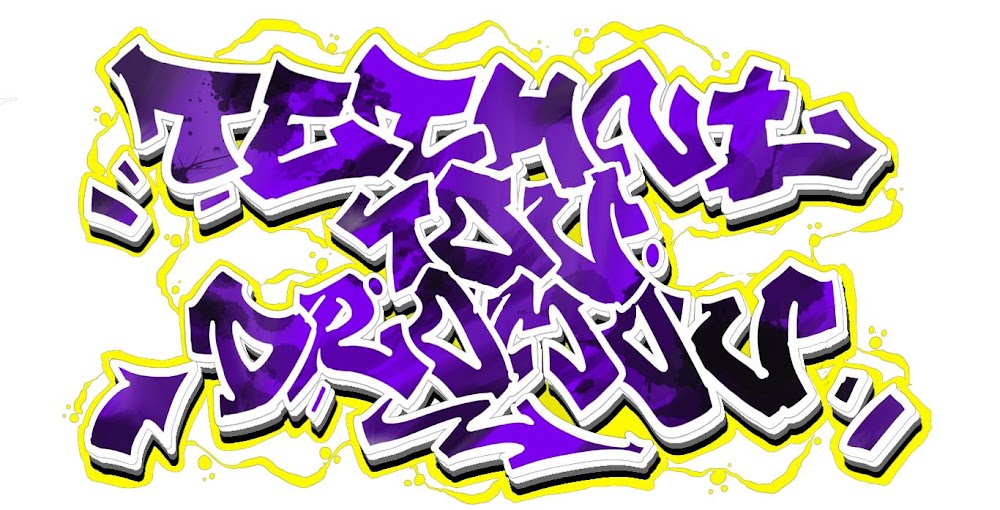It is not that Curtis wants to ignore the city’s soul-searching over its pivotal role in the slave trade, but she would prefer to focus on the contributions of the African-Caribbean community.
“I think it is important that other communities understand the legacy slavery left. But I also think it is important to celebrate the positive things that have come out of that history: diversity, communities working together and stories of people triumphing out of adversity,” she says.
Her latest mural depicts Delores Campbell, who was a foster carer to more than 30 children and a lifelong campaigner for racial equality.
“I’m highlighting these very humble heroes. Some people may know their names but not necessarily know they were the driving forces who changed the city and the country for the better,” Curtis says.
It is the second mural to be completed and – as long as the Arts Council agrees to more funding – the others will be ready for next July’s carnival, Bristol’s answer to the Notting Hill carnival which will take place in west London on Sunday and Monday.
Campbell – along with the six other founders: Owen Henry, Roy Hackett, Audley Evans, Clifford Drummond, Carmen Beckford and Barbara Dettering – put on the first carnival in 1968 to celebrate the unity that helped to end the “colour bar” on the city’s buses, which prevented recent West Indian immigrants joining bus crews despite labour shortages.
They started carnival to say thank you to the city for all the support during the bus boycott and to promote integration by inviting people into St Pauls to learn about the African-Caribbean community,” says Curtis.
The boycott campaign – which encouraged passengers to stop using the bus service while it denied work to black people – enjoyed support across the city, including university students, churchgoers and the then Bristol South East MP, Tony Benn. It paved the way for anti-discrimination laws. “The founders organised the bus boycott, which led to the 1965 and 1968 Race Relations Acts,” she adds.
The only other finished mural shows travel agent Henry, who helped many settle in the area and played a key role in the boycott. Lisa Blackwood is pleased to live in a house with Henry’s face emblazoned across it. “I’m really proud – I chose Mr Henry. He helped my mum come over from the West Indies in the 1960s,” she says. “He did all the paperwork to get her through immigration
Only two of the seven founders are still alive: Hackett and Dettering. In a house on the other side of the M32, Dettering, 79, who helped hundreds of families during her time as a social worker, says she is pleased to have been chosen as one of the Seven Saints. “I feel honoured because I’ve worked for years in St Pauls,” she says in her living room, with its family pictures and mementoes from Guyana.
“When I go to St Pauls everybody calls to me ‘Aunty Babs’, ‘Aunty Barbara’, ‘Mrs D’ or ‘Mummy’ – never ‘Barbara’. It is a mark of respect and it is very endearing,” she says.














Very nice 🙂
ReplyDelete